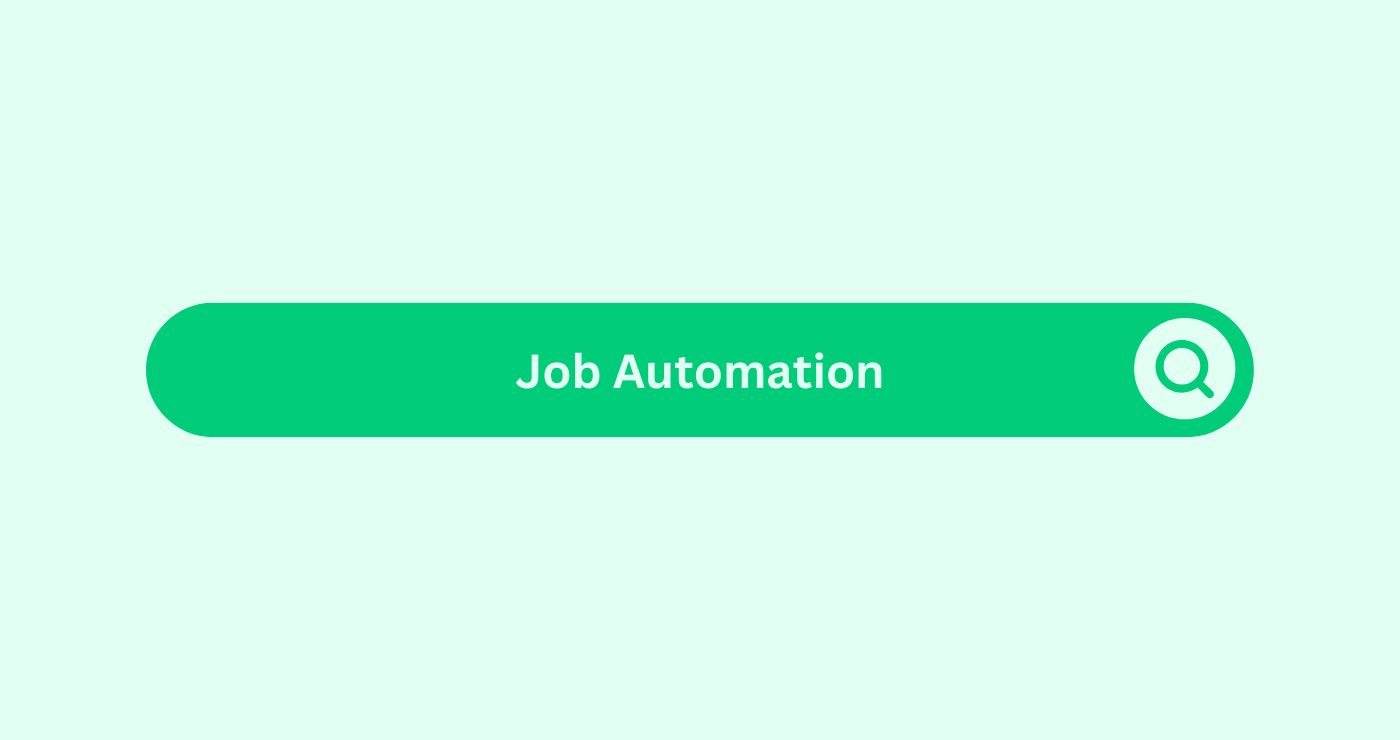Definition
Job automation in AI-driven content marketingDefinition Content marketing strategically creates and share... means letting smart tech handle all the boring, repetitive stuff—think content scheduling, crunching numbers, keyword grouping, and sorting out campaignDefinition An SEO campaign involves focused, Organised effor... reports. With AI systems taking care of the grunt work, marketing teams can actually get stuck into creative ideas, big-picture strategies, and connecting with audiences, instead of slogging through spreadsheets all day.
Take a digital marketing agency in Auckland, for example. The team can use AI tools that decide the best time to post on social mediaWhat is Social Media? Social media refers to online platform..., based on when people actually engage. A performance marketing agency? They can automate ad testing and reporting with machine learning, so real-time A/B tests just happen, no sweat. SEO companies love this stuff too—AI can handle keyword researchDefinition Keyword research involves identifying and analysi..., check backlinksWhat are backlinks in the context of SEO? Backlinks, also kn..., and run site audits, all on autopilot with scripts or cloud apps.
AI job automation isn’t about pushing marketers out the door. It’s more like giving them back hours every week by cutting out low-value tasks. The result? Quicker decisions, more accurate work, and way fewer mistakes along the way.
Example:
Imagine a performance marketing agency juggling heaps of Google Ads campaigns. Instead of wasting time on daily performance reports, they set up an AI workflow to grab live data, check click-through rates, split up audiences, and fireDefinition Fire in Social Media Marketing refers to high-imp... off reports every morning like clockwork.
Or picture a digital agency in Auckland using automation to scan blog content every week, find outdated posts, and line them up for updates. This keeps the content fresh and SEO-friendly, without anyone needing to trawl through the site by hand.
Simple numbers can show the impact. If a marketer spends two hours daily on reports, automation can save ten hours a week, freeing up time for high-impact work. That’s not just efficient—it’s a game changer for agency productivity.
Time and Increases Efficiency:
| Task | Manual Time/Week | Automated Time/Week | Time Saved |
|---|---|---|---|
| Content Scheduling | 4 hours | 45 minutes | 81.25% |
| Weekly SEO Reports | 6 hours | 1 hour | 83.3% |
| Ad CampaignDefinition An SEO campaign involves focused, Organised effor... Data Monitoring | 8 hours | 1.5 hours | 81.25% |
| Keyword Cluster Updates | 3 hours | 30 minutes | 83.3% |
Automation not only reduces hours—it helps scale output without sacrificing precision.
Key Takeaways
- AI job automation improves productivity by handling repetitive content-related tasks.
- SEO companies use automation to track rankings, fix technical errors, and update metadata.
- Agencies cut manual hours by automating reporting, optimisation, and performance testing.
- Digital marketing agency Auckland teams streamline workflows across SEO, PPC, and email.
- Job automation enables quicker insights, leading to better-informed creative strategies.
FAQs
What types of content tasks can be automated using AI? A1: Scheduling, keyword tracking, A/B testing, performance reports, and content audits can all be automated.
Scheduling, keyword tracking, A/B testingDefinition A/B Testing, or split testing, compares webpage v..., performance reports, and content audits can all be automated.
Does automation replace marketers in content roles?
No—it amplifies their capabilities by freeing time for strategy, writing, and brand development.
Which tools are used for marketing automation?
Zapier, HubSpot, Jasper, Google Sheets with AI scripts, and Notion AI are widely used.
How does job automation benefit SEO companies?
It automates data collection, competitor monitoring, and backlink audits, boosting overall output.
Can small teams use job automation effectively?
Absolutely—even small agencies benefit from simple automations that handle recurring tasks.




